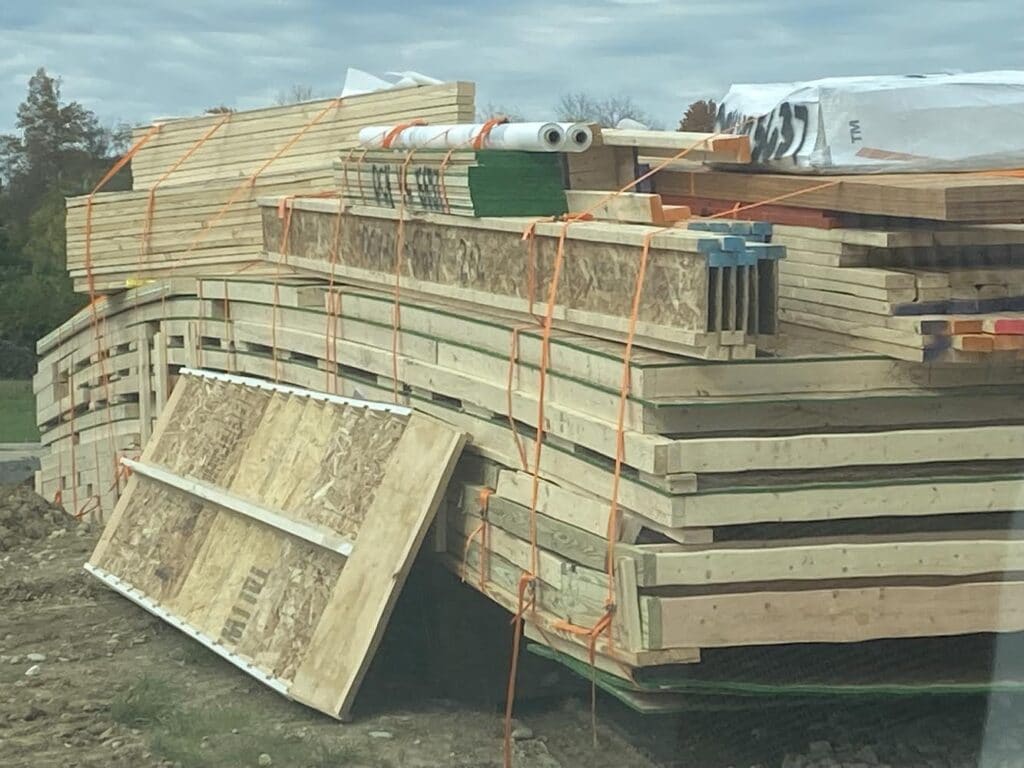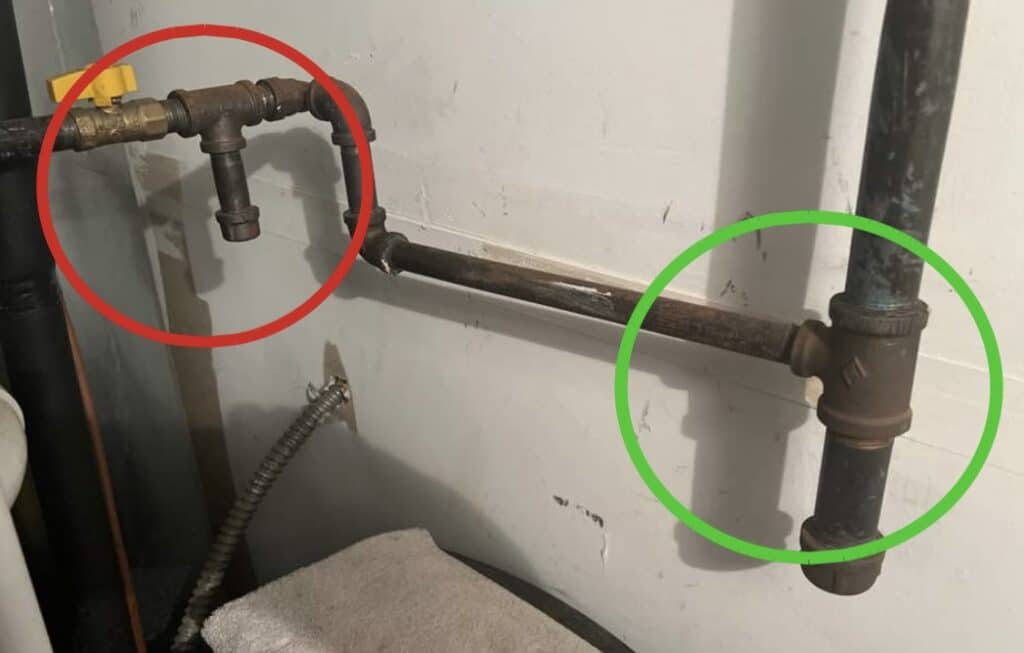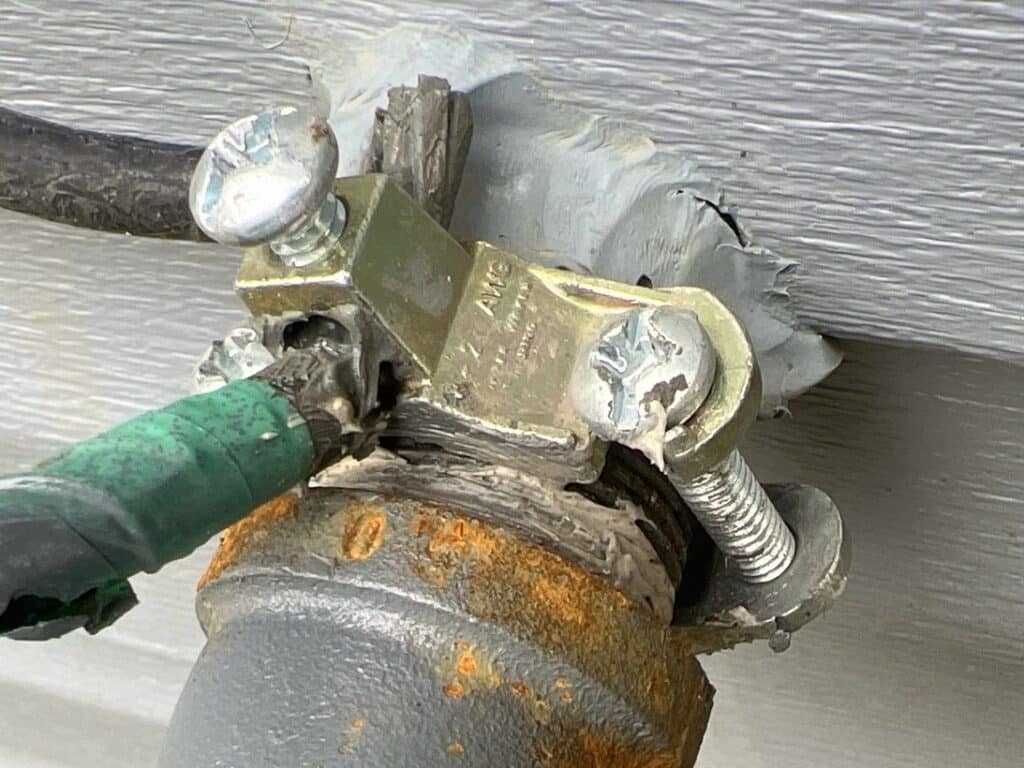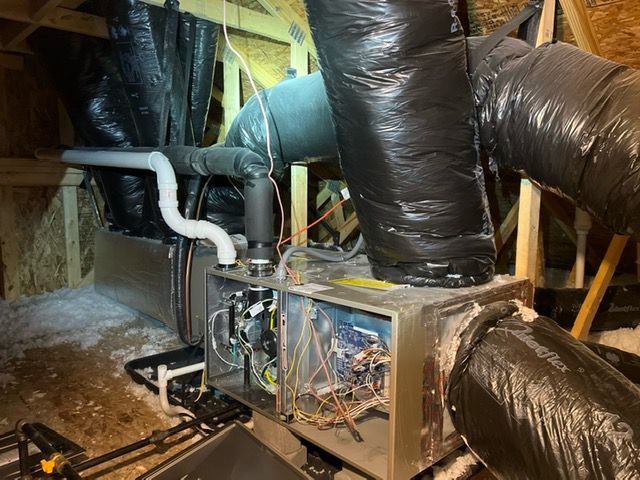
I’ll save you time. YES!
Now you may be curious as to why you should have a home Inspection on new construction and how important are they really. Let’s start by considering the only plausible argument against having a private third party inspection on a new construction project. It goes something like this, usually coming from a project manager for the builder.
“This thing has already been inspected like 13 times. I mean, the county inspectors have passed everything so it’s all up to code. Then our guys have gone through it several times too and we’ve made any needed repairs. Our guys are good, they do this everyday. So, go ahead and look if you want, it’s your money, but you won’t find anything here.”
Yes, this was an actual response (give or take a few words) given to our client when they showed up onsite with our licensed inspector. Five minutes into the inspection we had to point out to the project manager a broken roof truss that needed repaired before the drywall went up. He didn’t stick around long after that but he got the rest of the repair list in the report later that day.
So how did damage to a major structural component go unnoticed after all these previous inspections? Tunnel vision. Each inspection in the building process is very compartmentalized, looking at only a few things related to a specific system and it’s components. The plumbing inspector has no interest in framing issues, the electrical inspector has no interest in HVAC issues, and so on. So while the above argument makes it sound like the house has been gone over with a fine tooth comb numerous times, it really hasn’t. A quick glance at the major items would be be a more accurate description.
Second to that, inspectors are human and they sometimes miss things. An example, there was a large number of concrete driveways that had to be tore up on brand new finished homes so that the faulty sewer (drains) could be replaced. They ALL had previously passed by the county plumbing inspectors. How could that be? We can only speculate, but the point is that just because something “meets code” or “passed a code inspection” doesn’t mean much.
The fact is, we see things on a regular basis that have passed a code inspection that never should have.
Building to code is not the same as building with quality or being built with best practices. In fact, it is the opposite. Code is literally the bare minimum standard that is acceptable. Think about that for a minute. Most homes today (other than custom built homes) are built to MEET code requirements, not exceed them. That is a very fine line to walk without much room for error before slipping into an unacceptable range of sub par construction. A shortage of labor, bad weather, tight schedules, material defects or any other number of common on-site difficulties can have adverse effects on the final product.
An unbiased, objective and comprehensive look at that product through the various stages of construction is your best bet to ensure the integrity of your build and that your future home is built within acceptable standards. When you hire a third party inspector to inspect your new home, they are working truly and solely for you and in your best interest. They are looking at your future home not with tunnel vision but wide eyed and as the complete integrated system that it is. They understand that the success of one component depends on the success of all the other components that interact with it.
It is the closest anyone will ever look at the quality of materials, workmanship and installation practices that make up your new home, before the builder hands over the keys.







Leave a Reply